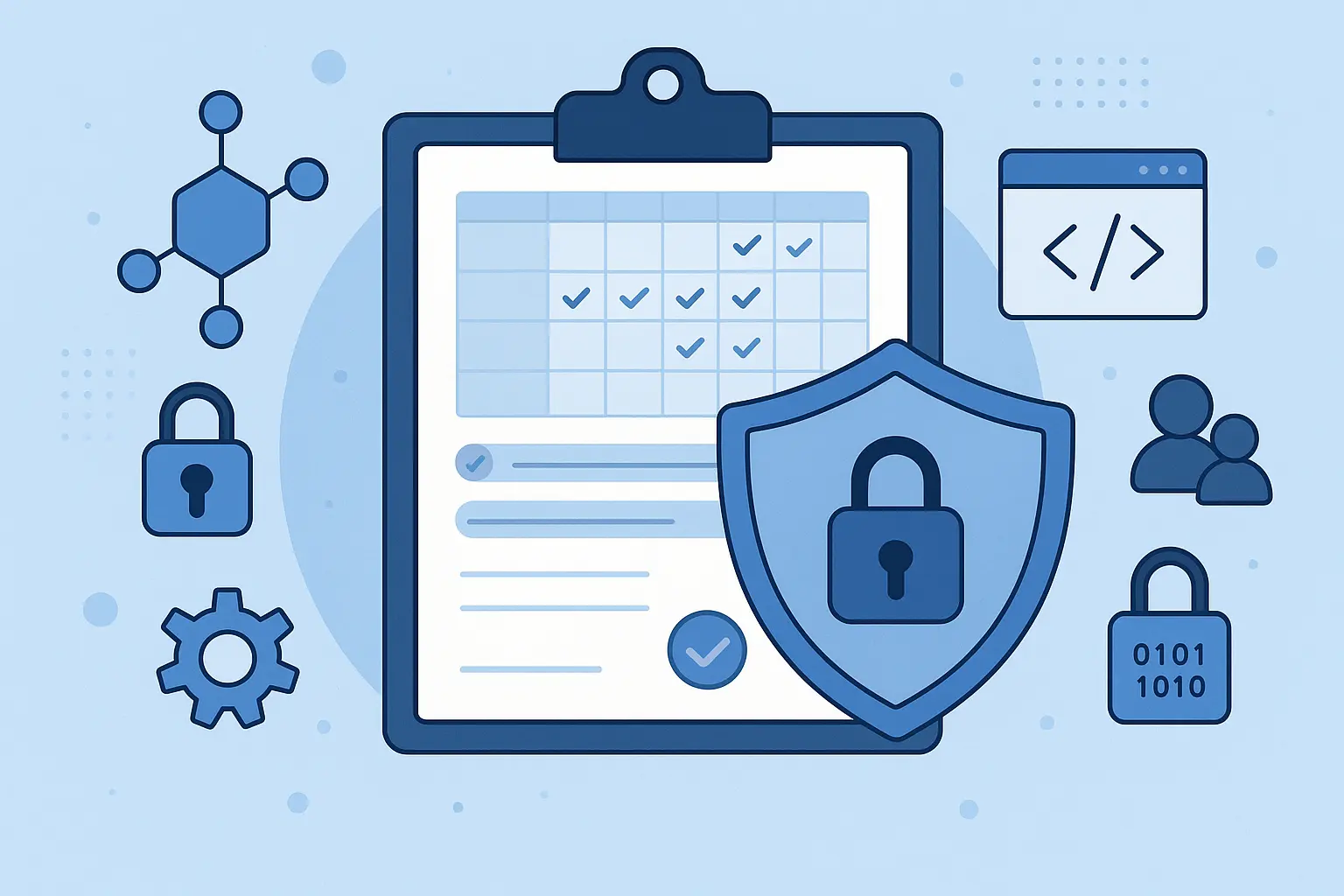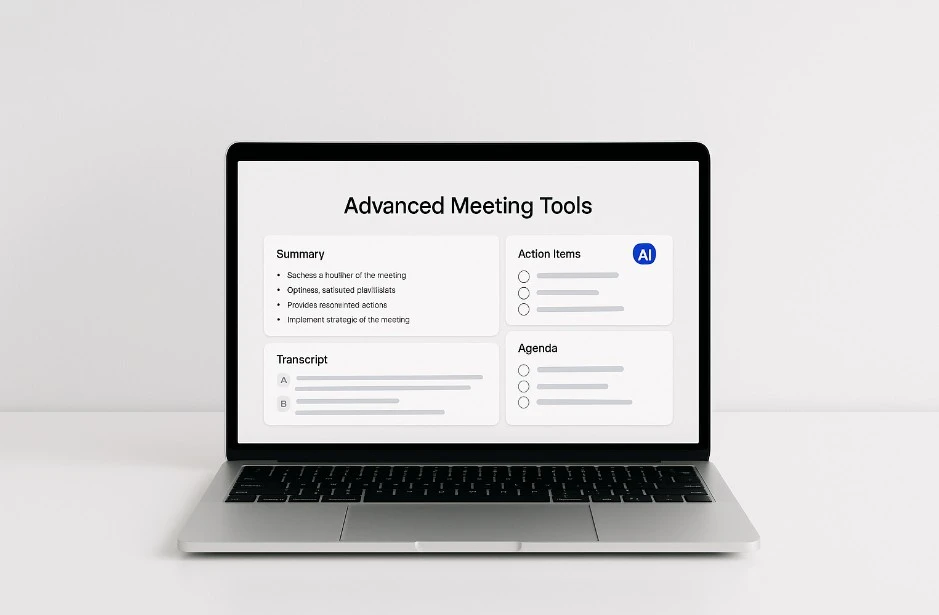
9 API Security Best Practices Every Booking Platform Needs
BOOKAFY BLOG 9 API Security Best Practices Every Booking Platform Needs IN THIS POST Your organization is like a finely tuned machine where systems work together in harmony to keep
Outsourcing is a strategic move that can allow you to focus on what truly matters for your business. By identifying which tasks aren’t core to your unique value proposition, you can streamline your operations, reduce costs, and improve efficiency. The key, however, lies in understanding which activities to outsource without compromising your company’s goals or quality.
In any business, core activities are those that directly contribute to your competitive advantage. These are the essential processes that define your brand and generate value for your customers. For instance, if you run a software development company, writing code is a core activity because it directly impacts the product’s quality and your customers’ experience.
Non-core activities, on the other hand, are processes that support your business but do not provide direct value to customers. Payroll management, customer service, IT maintenance, and logistics are all examples of non-core activities. Though necessary, they don’t contribute to your differentiation in the market. By outsourcing these functions, you can allocate more of your time and resources to enhancing your core offerings.
Outsourcing can save you money by converting fixed costs into variable costs. By hiring experts on a contractual basis, you avoid expenses like recruitment, training, and overhead associated with maintaining in-house teams for non-core functions.
Additionally, you gain access to specialized service providers that already have established workflows and resources. This leads to reduced operational costs and better resource management. The outsourcing model enables you to scale your support as needed without making significant investments.
Outsourcing firms bring extensive experience and industry knowledge that would be costly and time-consuming to replicate internally. For IT support, accounting, or legal services, external providers have the tools and expertise that would take you months to build.
By outsourcing, you can focus on adopting new technologies and strategies in your core business, while specialized partners handle the rest. They provide updated skills and technology, which means your non-core activities benefit from the latest advancements without the burden of internal implementation.
Perhaps the most compelling reason to outsource non-core activities is to allow your team to concentrate on core competencies. When administrative, repetitive, or technical tasks are outsourced, your staff can dedicate their time and skills to higher-value activities that make a direct impact.
Outsourcing SAP consulting services can help businesses implement, manage, and optimize their SAP systems more effectively. Working with specialized SAP consultants gives you access to expertise that can enhance system efficiency and adaptability, allowing your team to focus on other mission-critical activities.
This focused approach strengthens your company’s ability to innovate, serve customers, and improve its market standing. It’s easier to move forward with your strategic goals when you aren’t weighed down by responsibilities that don’t require your specific expertise.
Administrative tasks are usually the first area companies consider outsourcing. Bookkeeping, payroll management, HR tasks, and can be handled by specialized providers who offer more cost-efficient services.
Working with invoice factoring companies can provide a quick solution to improve cash flow by converting outstanding invoices into immediate capital. This helps businesses manage operational costs without waiting for clients to make payments and also reduces the financial strain caused by delayed receivables.
By outsourcing these functions, you reduce the burden of paperwork and ensure that professionals are managing compliance and accounting matters. This also allows you to maintain consistency without the costs associated with in-house administrative teams.
Outsourced customer support can provide 24/7 service, better call resolution rates, and a scalable model based on your needs.
IT services, particularly maintenance and troubleshooting, are also suitable for outsourcing. Partnering with an IT specialist ensures that your systems are always running smoothly, minimizing downtime and disruptions while you focus on core objectives.
Digital marketing agencies offer expertise in SEO, content creation, social media management, and PPC campaigns.
By outsourcing digital marketing, you leverage the expertise of individuals with a deep understanding of the field. This allows you to reach a broader audience while ensuring your in-house team can stay focused on direct business growth initiatives.
One of the primary reasons to outsource non-core activities is to reduce costs, but cost savings should never come at the expense of quality. When evaluating potential outsourcing partners, consider whether they can deliver the level of service your company requires while still offering financial benefits.
Compare the costs of maintaining an in-house team against outsourcing—while the initial expense may seem higher, the long-term benefits often outweigh those costs. Factor in potential improvements in efficiency and quality of work.
Working with an outsourcing partner is a collaborative effort. Therefore, the provider’s company culture and values must align with yours. An outsourcing partner should understand your business, share your commitment to quality, and integrate seamlessly into your existing workflows.
Cultural compatibility can directly impact communication and efficiency. Misaligned expectations can lead to frustration and misunderstandings. Spend time vetting prospective partners and ensure that they can maintain a smooth working relationship with your team.
If you’re new to outsourcing, start with smaller projects that allow you to assess the capabilities of your partner without a large commitment. Establish clear goals and performance metrics for each outsourced activity.
Monitor the performance closely and determine whether the outsourcing partner meets your expectations. This approach gives you a trial run to decide if you want to expand the relationship and outsource more activities.
One concern when outsourcing is the potential loss of control. Delegating tasks to an external provider might mean reduced visibility over how certain processes are managed. It’s crucial to establish clear contracts and maintain regular communication to mitigate this issue.
Lastly, while outsourcing may streamline your operations, you still need contingency plans to prevent disruption in case a partnership ends abruptly. Having multiple vendors or retaining some level of in-house capabilities for critical non-core activities can help mitigate the risk of becoming overly dependent on an external service provider.
Effectively delegating the right tasks reduces operational burdens and directs more energy toward the areas that drive your company’s growth and competitiveness. To succeed with outsourcing, carefully evaluate which activities to delegate, select trustworthy partners, and implement structured oversight.
Determining the best non-core activities to outsource requires careful consideration of your business’s unique needs and objectives. Done well, outsourcing will not only reduce costs but also elevate your ability to innovate, serve your customers, and maintain an edge over competitors.

Save your team time and money with Bookafy!
Using online appointment scheduling software, you can automate booking, reminders, syncing to calendars, fetching video meeting URLs, and much more. Try Bookafy free today!

BOOKAFY BLOG 9 API Security Best Practices Every Booking Platform Needs IN THIS POST Your organization is like a finely tuned machine where systems work together in harmony to keep

BOOKAFY BLOG Why Remote Teams Secretly Appreciate Timesheet Software Like Workstatus IN THIS POST Remote work has transformed how businesses are operated. Different cities; or even nations, are collaborating on

BOOKAFY BLOG All About Optimizing Your Booking Page for Search Engines IN THIS POST Have a booking page, but not getting as many customers as you expected? That could be

BOOKAFY BLOG From Side Hustle to Full-Time: How ESL Tutors Scale Their Income with Smart Tools? IN THIS POST Do you remember working at your typical 9-5 job? You might

BOOKAFY BLOG How to Schedule Like a Pro with These Simple Hacks IN THIS POST Time significantly impacts how people evaluate their experiences. When time is wasted, customers often remember

BOOKAFY BLOG Improving Team Efficiency with Advanced Meeting Tools IN THIS POST Effective meeting coordination is essential for maintaining productivity within teams. By utilizing advanced tools, teams can streamline scheduling